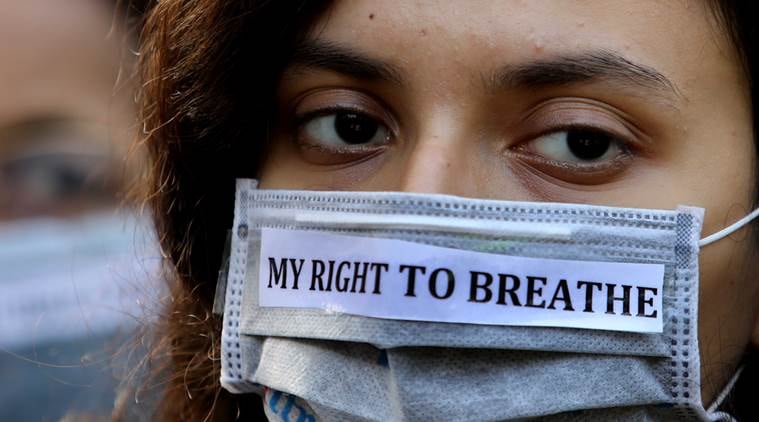The study, published in the New England Journal of Medicine, is the largest yet to investigate the short-term impacts of air pollution on death, conducted over a 30-year period.

Exposure to toxic air pollutants is associated with increased death rates due to cardiovascular and respiratory diseases, according to a global study.
Led by researchers from Fudan University in China, the study analysed data on air pollution and mortality in 652 cities across 24 countries and regions.
They found that increases in total deaths are linked to exposure to inhalable particles (PM10) and fine particles (PM2.5) emitted from fires or formed through atmospheric chemical transformation.
The study, published in the New England Journal of Medicine, is the largest yet to investigate the short-term impacts of air pollution on death, conducted over a 30-year period.
According to Yuming Guo, an associate professor at Monash University in Australia, there is no threshold for the association between particulate matter (PM) and mortality, even low levels of air pollution can increase the risk of death.
ALSO READ | Air pollution linked with risk of mental disorders: Study
“The adverse health effects of short-term exposure to air pollution have been well documented, and known to raise public health concerns of its toxicity and widespread exposure,” Guo said.
“The smaller the airborne particles, the more easily they can penetrate deep into the lungs and absorb more toxic components causing death.
“Given the extensive evidence on their health impacts, PM10 and PM2.5 are regulated through the World Health Organisation (WHO) Air Quality Guidelines and standards in major countries,” Guo said.
The results are comparable to previous findings in other multi-city and multi-country studies, and suggest that the levels of particulate matter below the current air quality guidelines and standards are still hazardous to public health, researchers said.
Source: Read Full Article
